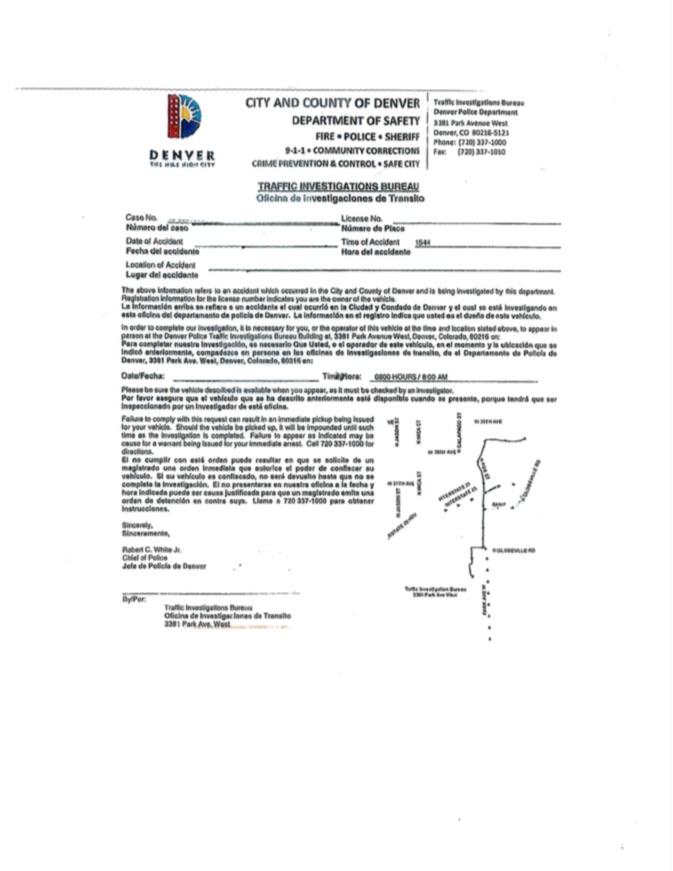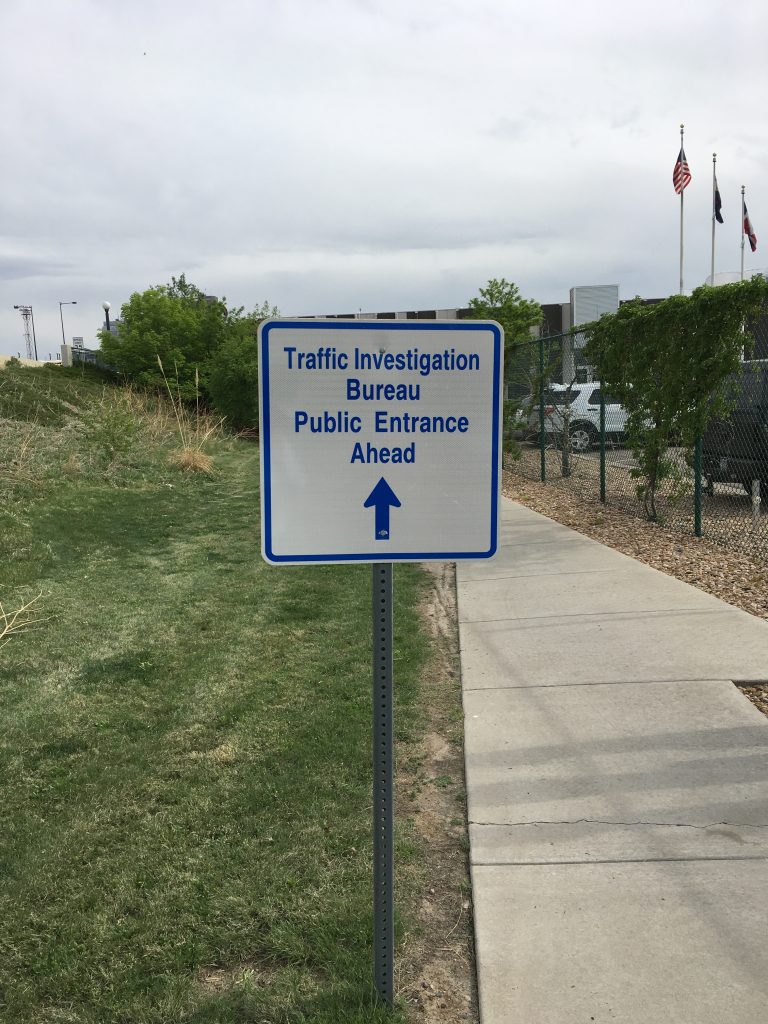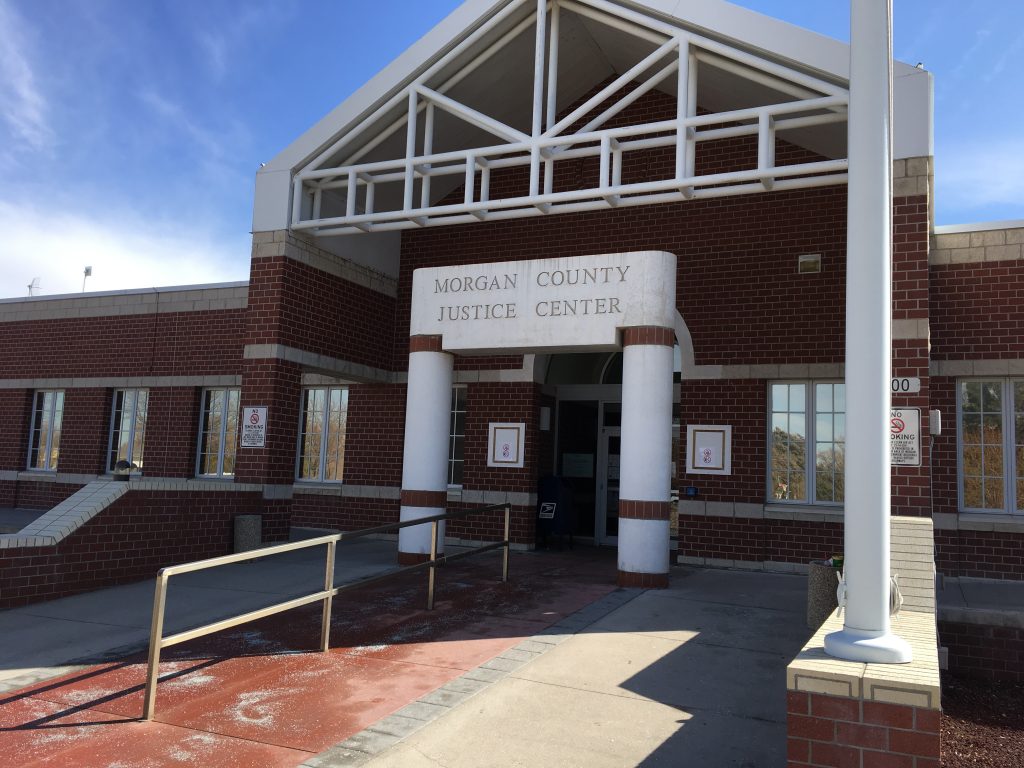 Did you receive one of these letters in the mail? If so, you need to speak with a Denver criminal defense attorney who has handled multiple Denver Hit and Run cases and Investigations. If a detective from the Denver Police Traffic Investigations Unit contacts you via a letter and/or phone call it is critical that you not make any statements and to simply and politely decline to answer any questions until you speak with a lawyer. You are not required to answer any questions and you are not required to make any statements.
Did you receive one of these letters in the mail? If so, you need to speak with a Denver criminal defense attorney who has handled multiple Denver Hit and Run cases and Investigations. If a detective from the Denver Police Traffic Investigations Unit contacts you via a letter and/or phone call it is critical that you not make any statements and to simply and politely decline to answer any questions until you speak with a lawyer. You are not required to answer any questions and you are not required to make any statements.
It’s worth noting that detectives are trained to get people to talk. Your statements can (and often will) be used as evidence against you. Often times detectives will pretend that they’re your friend and may even downplay the seriousness of the matter in order to get you to talk. Thus it’s best to avoid the situation altogether and simply decline to make any statements and indicate that you need to speak with your lawyer.
Thereafter, once you have retained a lawyer, the lawyer can contact the detective. Typical evidence in a hit and run case may include a description of the vehicle, a description of the driver, any physical evidence left at the scene, license plate number, cell phone photos, cell phone video, business video, government video, witness statements/interviews, and the direction the vehicle allegedly fled to. The owner of the vehicle (if the vehicle is identified) is often assumed to also be the driver. However, as we all know, sometimes vehicles are loaned out to friends or relatives. Thus, there can be a lot of “moving parts” to these types of cases.
Once the lawyer has contacted the detective (and hopefully gathered as much information as possible), the lawyer can thereafter advise the person being investigated of the options in the case and whether or not it makes sense to do an “interview” with the detective. If the vehicle involved has been seized by the police it will often be held as evidence in the case. If the vehicle has not been seized, often times the detective will want to inspect the vehicle as part of a proposed meeting at the Denver Police Department Traffic Investigations Unit located at 3381 Park Avenue West in Denver.
The Denver Police Traffic Investigations Unit (aka “Traffic Investigations Bureau”) is a specialized unit of the Denver Police Department that investigates cases of Hit and Run, Eluding, accidents involving serious bodily injury (SBI) and accidents involving fatalities.
There are multiple counts of Hit and Run that can be charged in just a single case. Each charge is a criminal offense punishable by the possibility of jail and each charge carries 12 points against a driver’s license. For an adult driver 21 years of age or older, 12 points is all it takes to suspend a person’s driver’s license. In addition to Hit and Run charges, a driver will also typically face Careless Driving or Reckless Driving. Depending upon the evidence, Hit and Run cases in Denver can often result in a driver being charged with 20, 30, or even 40 or more points in total charges. If the Hit and Run accident resulted in serious bodily injury to another person it is a Class 4 Felony, if the accident results in death it is a Class 3 Felony.
 Denver DUI Attorney Blog
Denver DUI Attorney Blog






















